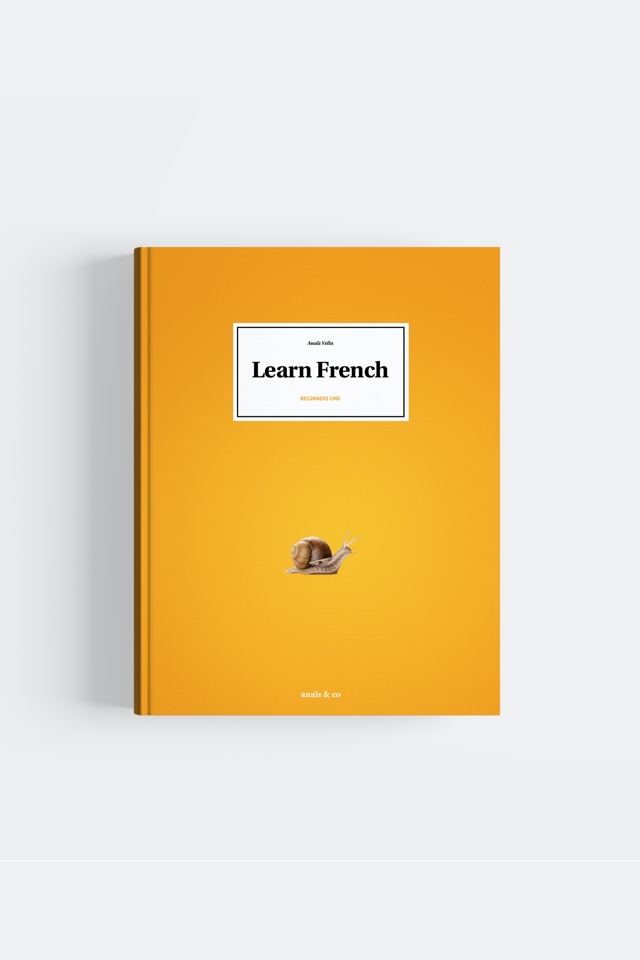

| French | English |
|---|---|
| Après-demain | The day after tomorrow |
| Aujourd’hui | Today |
| Avant-hier | The day before yesterday |
| Dans deux jours | In two days |
| Demain | Tomorrow |
| Hier | Yesterday |
| Hier soir | Last night/yesterday evening |
| Il y a une minute | One minute ago |
| L’après-midi | The afternoon/in the afternoon |
| La nuit | The night |
| La semaine | The week |
| La semaine dernière | Last week |
| La semaine prochaine | Next week |
| Le jour | The day |
| Le matin | The morning/in the morning |
| Le mois | A month |
| Le mois dernier | Last month |
| Le mois prochain | Next month |
| Le soir | The evening/in the evening |
| Tous les jours | Every day |
| Toute la journée | The whole day |
| Une année/un an | A year |
| Une heure | One hour |
| Une minute | One minute |
| Une seconde | One second |
Accents only appear above vowels in French. Most of the time accents do not change the pronunciation of the vowel. When the accent doesn’t change the pronunciation of the vowel, it has different uses. For example, it can replace a letter, or help us distinguish between two words with the same spelling. The accents will change the pronunciation of the vowel “e” only.
“Dans” means “in” and “il y a” means “ago” when they are used with time expressions.
“Après-midi” has both gender, feminine and masculine and both are perfectly correct even if the French Academy seems to prefer its masculine form.
“Tous les”(m/p) and “toutes les” (f/p) mean “every.” However, “tout le” (m), and “toute la” (f) mean “the whole.” They can be used with other time expressions.
“An” is usually preceded by a number, and “année” by a word indicating a quantity but not by a number. Except, “une” that is also the word for “a.”
“Jour” means “day” and it includes 24 hours. “Journée” also means “day”, but it only includes the hours of the day when you are active. So not the hours when you sleep.
“Soir” means “evening” and it includes the hours from 6 pm to 12 am. “Soirée” means “evening” too, but it only includes the hours of the evening when you are active. So not the hours when you sleep.
“Matin” means “morning” and it includes the hours from 12 am to 12 pm. “Matinée” means “morning” too, but it only includes the hours of the morning when you are active. So not the hours when you sleep. “Matinée” is usually more used with the past tenses.

More in the books
Werther you are learning by yourself, with Anais and Co or if you are a FLE teacher find this lesson and many more in a beautiful book.
Be notified when we upload a new video.